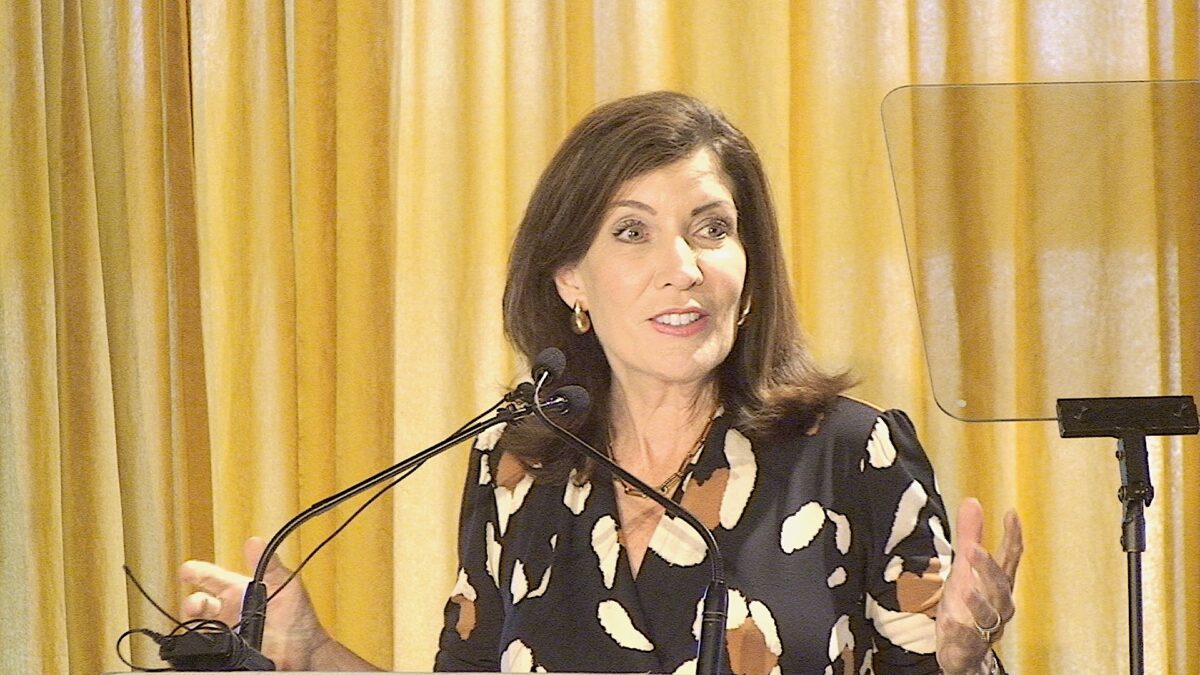
The hue and cry over the Metropolitan Transportation Authority payroll tax for the 12 counties that must pay 33 cents of every $100 in payroll to the transportation giant hasn”™t gone away. The anger could even intensify after a recent Albany hearing that revealed the transit agency leaking money through generous overtime and shoddy real estate management.
Chamber presidents from Dutchess to Westchester went to Albany May 5 to speak out against the tax, dubbing it a “business killer.”
In addition to the much-loathed payroll tax, cutting services and increasing fares and tolls was supposed to help the nation”™s largest transportation carrier close its budget gap. It hasn”™t. The MTA”™s annual debt service is up to $2 billion this year and expected to reach $2.6 billion in three years ”“ and that”™s without borrowing to fill in the transit provider”™s anticipated $9.9 billion funding gap.
Kenneth Bleiwas, deputy state comptroller overseeing the MTA auditing, appeared before the state”™s Senate Standing Committee on Investigations and Government Operations public hearing at SUNY Old Westbury on May 5 and testified of the agency”™s need to achieve long-term structural balance ”“ and do so expediently.
“Under Chairman Jay Walder, the MTA has taken steps to become more efficient,” Bleiwas told committee members. “Unfortunately, it has also cut services and raised fares. Since 2002, the MTA has raised fares and tolls by more than 50 percent ”“ twice the rate of inflation.”
Bleiwas said that several audits have found the MTA wanting: the agency is missing significant opportunities to generate greater revenue from its vast real estate portfolio, with 600 vacancies in its rental units and no strategic plan to market them.
Another audit in August, 2010 revealed more than 140 MTA employees who doubled their base salaries through overtime the prior year and more than 3,200 employees received overtime pay equal to half of their annual salaries; and significant amounts of overtime were incurred by replacing sick workers, even though no effort was made to find out if replacements were needed.
As a result, Bleiwas told the committee, Comptroller Thomas DiNapoli will conduct a forensic probe of overtime practices at the MTA. In total, eight audits of the MTA are in various stages of completion, but the audits fall short of what the 12 counties forced to contribute to the MTA”™s payroll tax are demanding; a full, forensic audit of the MTA.
The MTA is already gearing up to raise fare and toll revenue by 7.5 percent in January 2013, three years after a similar increase went into effect in December 2010.
“This would represent a fare and toll increase of 15 percent in just three years,” said Bleiwas. “These are occurring when taxpayers can least afford it. Even if the MTA achieves all of its stated objectives, it still forecasts a budget gap of nearly $500 million in 2014.”
The MTA, which currently has full funding for only the first two years of its five year program, will have a $9.9 billion funding gap for the remaining three. That gap could grow if the federal government ends commitments to mass transit capital projects.


















